Teaching Philosophy
Thermostatic Education for a More Balanced World
Goals for student learning
I take the view espoused by Postman and others, that education is best conceived of as a thermostatic activity, the function of which is always to offer the counterargument and the other side of the picture, “…to make visible the prevailing biases of a culture and then, by employing whatever philosophies of education are available, to oppose them” (Postman). Education should cultivate students’ critical consciousness, and their ability to intervene in reality in order to change it (Freire).
Teaching methods
Through Socratic discussion, interactive role-plays and experiential learning activities with community partners, my students explore the origins of their thinking, challenge their assumptions, and consider alternative viewpoints. While facilitating this critical reflection, I share tools and skills, and help students to develop the aptitude and confidence to use them, which will help them to intervene in their own realities and achieve their goals as professionals and citizens. For example, in my first-year Environmental Issues class, students organize and facilitate environmental issue forums that include researching and writing discussion materials, determining potential societal approaches to an issue that represent closely held values, and carefully facilitating group deliberations that fully explore the advantages and tradeoffs of each approach. Students not only learn the science of a given environmental issue, but they also develop empathic listening, critical thinking and discussion skills that will help them engage more fully as citizens in deliberative democracy, better balancing the socio-ecological processes that produce environmental issues and affect the health and livability of our communities in the first place. In another immersive learning activity, second-year students in my crisis communication course draw on theory and case studies to create and respond to potential reputational crisis scenarios. These multi-media role-plays require students to act-out the worldviews of different stakeholders and to devise communicative responses to diffuse crises and rebalance relationships between organizations and their publics.
Measuring student learning
My assessments are directly linked to program and course-level learning outcomes and tend towards authentic, performative assessments that mirror the real world. Whenever possible, I try to give students the option of incorporating experiential learning opportunities into their assessments, including service-learning partnerships with community partners. Examples include producing media materials and managing media relations for the Children’s Foundation, conducting online discourse analysis of the BC hunting community for a conservation organization, researching and writing model bylaws for local government, writing articles for the Real Estate Institute of BC, as well as essays, tests, business plans and sustainable recipe assignments. Authentic assessments that are tied to service-learning partnerships motivate students and make them accountable not only to themselves, but also the wider community in which they aspire to be contributing citizens and professionals.
Creating an inclusive learning environment
As a former amateur stand-up comic, I use comedy to introduce both levity and critical thinking to the learning process. By creating an open and supportive learning environment that values the unique knowledge and life experience of each individual, my students can learn without fear, bolstering their self-confidence. I view my role as a co-learner with my students. I want to inspire and be inspired by their curiosity, enthusiasm and collective wisdom. We should challenge each other.
As a male settler Canadian of mixed Scottish, English and Irish origin, working and studying within the unceded traditional territories of the Kwantlen, Musqueam, Katzie, Semihamoo, Tsawwassen, Qayqayt and Kwikwetlen peoples, I am conscious of historical and contemporary injustices and unequal power dynamics both inside and outside the classroom. As a university instructor, I believe I have special ethical and moral obligations, including to equality and the public interest, and the advancement of restitution and reconciliation between Indigenous and non-Indigenous peoples. This work is guided in part by the Truth and Reconciliation Commission (TRC), particularly its findings and calls to action as they relate to education, laying the ground work for a pedagogy that can create a supportive context for advancement of restitution, and hopefully someday, reconciliation between Indigenous and non-Indigenous peoples. To this end, I am working to decolonize my curriculum and teaching at KPU, and previously accepted a time release position focused on Indigenization in the School of Business. I am also developing my own restitution and reconciliation action plan (RRAP).
In addition to these efforts, I also write and publish op-eds in mainstream media outlets on issues ranging from decolonization and rape culture, to environmental justice. Students often ask to discuss these articles in class, and sometimes share that they registered for a class because of something I wrote. I believe this research and advocacy is an obligation and privilege of academic freedom, and an important part of modeling thermostatic education for a more inclusive and balanced world.
